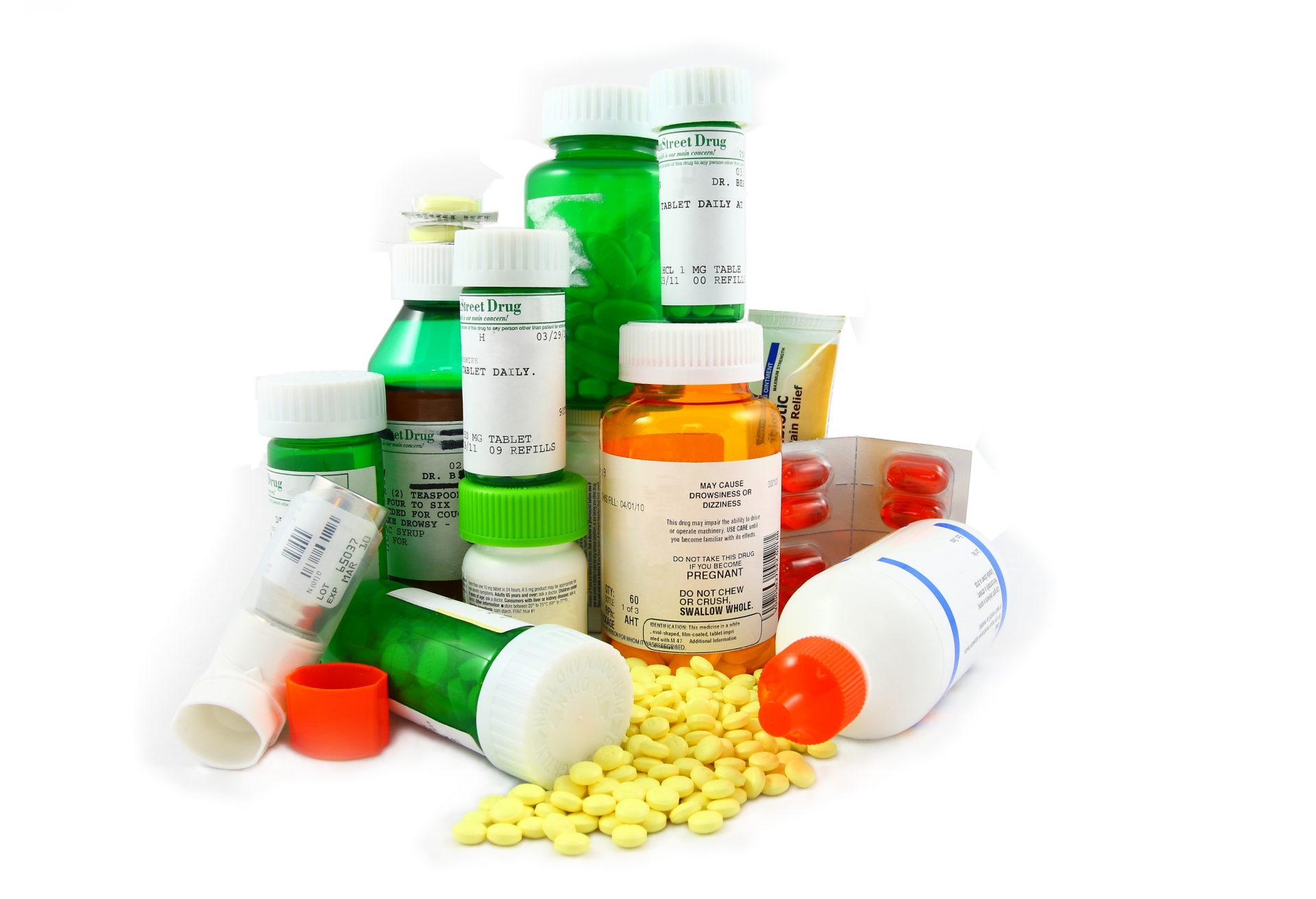
The hospital doctor may need to change some of the medicines you were taking before you came into hospital and prescribe you some new medicines. Your hospital pharmacist will explain these changes to you as well as provide important advice.
It may be helpful to ask the following questions:
- What is the medicine supposed to do?
- How do I take it?
- Are there foods, drinks or other medicines that I should avoid?
- What if I miss a dose?
- Are there any side effects and what should I do if they occur?
It is important to know that there may be quite a few different brands of the same medicine. So, the medicine you receive in hospital could be the same as your usual medication, but looks different because the hospital keeps a different brand.
Information leaflets may be offered to help you understand your medicine better and how to take it wisely.
When you are in hospital, do not take any other medicines without the knowledge of your doctor, nurse or pharmacist. If you take alternative medicines, over the counter medicines or vitamin/mineral supplements remember that some interact with medication. Always tell your doctor and pharmacist about all medicine you take even if it is not a prescription medicine.
At Discharge
Your hospital pharmacist will discuss your discharge medicines with you to ensure that you know what you will be taking when you go home; how to take your medicines wisely and how to store them safely. You will be supplied with sufficient quantity of medicine for you to take home but you will need to see your primary care doctor to obtain prescriptions for further supplies of your medicine.
If you find your medicine schedule is hard to manage, you may be offered a ‘Webster Pack’. This will be explained to you before discharge. You will also be supplied with a medication list to help you keep track. If you already use a Webster pack remember to bring your medication list to the hospital so staff have the names, strength and dosages of your medication.
After discharge
Followup by talking to your community pharmacist soon after you are discharged from hospital. Remember to take your medication list with you. Your local pharmacist will update your records to show any medicine changes made whilst in hospital and advise you about repeat prescriptions you may have at home.
Medicines taken in the wrong way can cause harm. If you are unsure of any medicines you may have from before coming to hospital, do not take them until you have checked with your doctor or pharmacist.
Regular medication reviews are needed to check whether the medicine is still needed; if it is the right dose for you and whether changes in your body suggest a change is needed in your medicine. Your family doctor and local pharmacist will help you to manage your medicines in the most beneficial way.
Alternative medicines & surgery
The use of alternative medicines is widespread and many people choose to take alternative medicines as part of their health routine. If you take alternative medicines it is important that your doctor knows what you are taking, especially before a major surgical procedure such as an amputation.
Many alternative medicines can react with other medicines causing side effects. Just because they are ‘natural’ does not mean there is no risk to your health if they are used incorrectly or combined with other medicines.
If you are not sure that what you are taking is an alternative medicine the following guide will help, it is always better to tell your doctor if you are unsure.
Botanicals: These are plants and plant extracts. This includes products that you buy in pill or powder form such as echinacea or products that are eaten as a food such as goji berries.
Vitamins: These are any vitamins that you have purchased including all the common vitamins: A, the B group, C, D (technically Vitamin D is a hormone) and E. Also tell your doctor if you are eating quantities of certain foods to obtain extra vitamins such as drinking lots of orange juice for the vitamin C.
Minerals: Minerals are a commonly used supplement with the most popular being calcium, iron and magnesium.
Fatty acids: These are supplements taken for heart health or cholesterol reduction, they include fish oils, cod liver oil, krill oil, flaxseed oil and ‘omega 3’ oils.
Other types: There are other types of supplements including protein mixes and body building powders, animal derived products (glucosamine, royal jelly) Chinese medicines, homoeopathy, diet pills, pills for sexual dysfunction and injectables such as growth hormones and testosterone.
What kinds of reactions can occur?
Some examples of alternative remedies that have side effects are:
- Aloe Vera and fenugreek can cause excess bleeding after surgery.
- Ginseng can react with blood clotting medicines.
- St John’s Wort can react with prescription antidepressants and reduce their effectiveness.
- Grapefruit can interect with some medicines such as those for excess stomach acid.
In addition, if your doctor does not know about all your medicines and remedies they may attribute side effects to a different medication or medical condition. They need to know why you are taking these medicines because you may need treatment for an underlying condition.
When discussing your medicines with doctors it can be easy to forget about things like your daily multivitamin pill so it is handy to make a list of all the products you are using and the dosages or bring them with you to appointments.
If the doctor does not bring up the issue then you need to volunteer the information for yourself.
If you think your doctor does not believe in using alternative medicines do not hide your usage as your health could be put at risk by withholding the information. Before starting an alternative medicine talk to your doctor or pharmacist as there may be reactions and side effects you need to know about.

